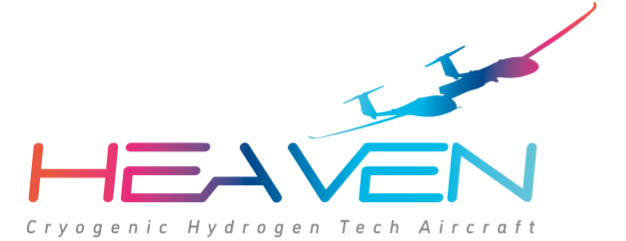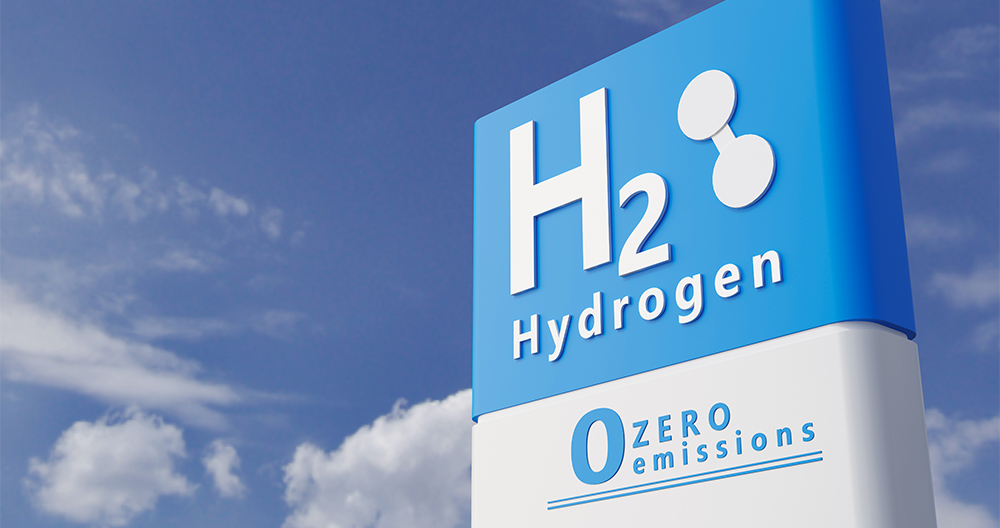The transport industry has been facing its next transformation for years. It is not a minor challenge: the need to optimize costs is joined by the mandate of sustainability on a planet increasingly affected by global warming. In this context, the Heaven project is by no means an isolated initiative.
For instance, a Roland Berger’s study about the future of aviation claims that “future sustainable narrowbody/Middle-of-the-Market aircraft will be the battleground between hydrogen and hybrid-electric technologies”. Furthermore, relative to conventional fuels and SAFs, “hydrogen is superior because it removes carbon dioxide emissions entirely, but also has the potential to reduce other GHG emissions. Relative to batteries, hydrogen has a superior energy density, both in gravimetric and volumetric measures. Additionally, hydrogen is likely to penetrate into other industries, which could speed up the development of fuel cells and storage systems, promote downstream infrastructure and push down supply chain costs”.
Of course there is huge interest in these technologies among some of the most powerful car manufacturers, the train biggest players and even maritime operators, despite often having different approaches and facing different challenges. Albeit, this is an extra motivation to keep researching and pursue a solution that contributes to the next transportation revolution from Heaven’s side.

